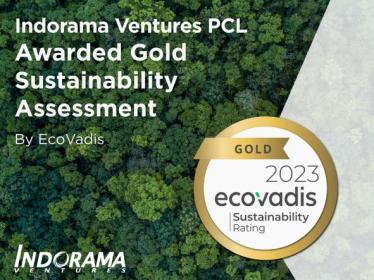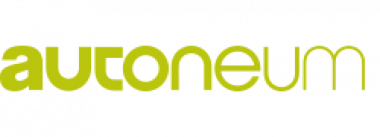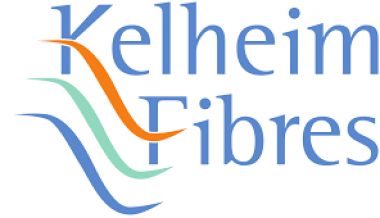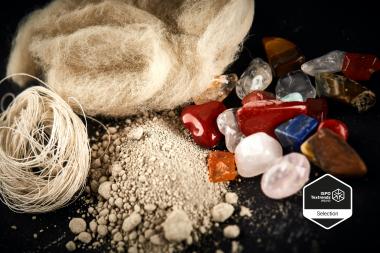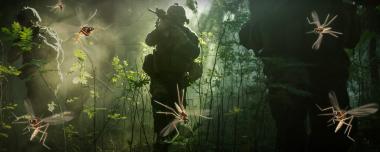Autoneum veröffentlicht Corporate Responsibility Report 2022
Autoneum erzielte 2022 weitere messbare Fortschritte in den Bereichen Umwelt, Soziales, Governance und Compliance. Das Unternehmen verpflichtete sich zu wissenschaftlich fundierten Zielen, die im Januar 2023 von der «Science Based Targets»- Initiative (SBTi) validiert wurden. Die Ziele stehen im Einklang mit denen des Pariser Abkommens, die globale Erwärmung auf deutlich unter 2°C zu begrenzen, und unterstützen die bereits in der «Advance Sustainability»-Strategy verankerten Umweltziele von Autoneum. Im Berichtsjahr wurden die Treibhausgasemissionen weiter reduziert und die Recyclingkapazitäten global ausgebaut.
Trotz der zahlreichen Herausforderungen, mit denen die Automobilindustrie auch im vergangenen Jahr konfrontiert war, konnte das Unternehmen, seine gesamten Treibhausgasemissionen im Vergleich zum Basisjahr 2019 relativ um 14.8% und absolut um 33% zu senken. In 37 Autoneum-Werken weltweit wurden 214 Ökoeffizienz-Projekte zur Reduzierung von Abfällen sowie des Energie- und Wasserverbrauchs durchgeführt, womit sich die Anzahl solcher Projekte im Vergleich zu den Vorjahren fast verdreifachte.
Das Unternehmen konnte mit der Einführung seiner vollständig rezyklierbaren Teppichsysteme aus 100% Polyester, die auf bestehenden und besonders umweltfreundlichen Pure-Technologien aufbauen, seine Position als Markt- und Technologieführer im nachhaltigen Akustik- und Wärmemanagement für Fahrzeuge weiter ausbauen. Für die innovativen Tuftingteppichsysteme hat Autoneum erste Kundenaufträge erhalten. Auch für E-Motor-Kapselungen auf Basis seiner patentierten, lärmreduzierenden Pure-Technologie Hybrid-Acoustics PET wurden weitere Aufträge gewonnen.
Autoneum hat 2022 das erste unternehmensweite Frauennetzwerk ins Leben gerufen. Ziel des Netzwerks ist es, die Gleichstellung der Geschlechter und eine Kultur der Vielfalt und Inklusion bei Autoneum zu fördern und Mitarbeitenden einen regionen- und funktionsübergreifenden Austausch zu Themen wie Karriereentwicklung, Führung und Vereinbarkeit von Beruf und Familie zu ermöglichen. Darüber hinaus haben Mitarbeitende von Autoneum 2022 weltweit 67 Projekte zur Förderung des gesellschaftlichen Engagements durchgeführt.
Im Berichtsjahr legte Autoneum zudem einen besonderen Fokus auf den Ausbau der Corporate-Responsibility-Organisation im gesamten Unternehmen. Darüber hinaus wurde der Verwaltungsrat stärker in die entsprechenden Prozesse eingebunden. Mit der Aufnahme von Zielkriterien aus den Bereichen Umwelt, Soziales und Governance («Environmental, Social, Governance» – ESG) in den Executive Bonus Plan der Gruppe ab dem Geschäftsjahr 2022 wird das Thema Nachhaltigkeit für Autoneum in Zukunft noch mehr an Bedeutung gewinnen.
Autoneum Management AG














